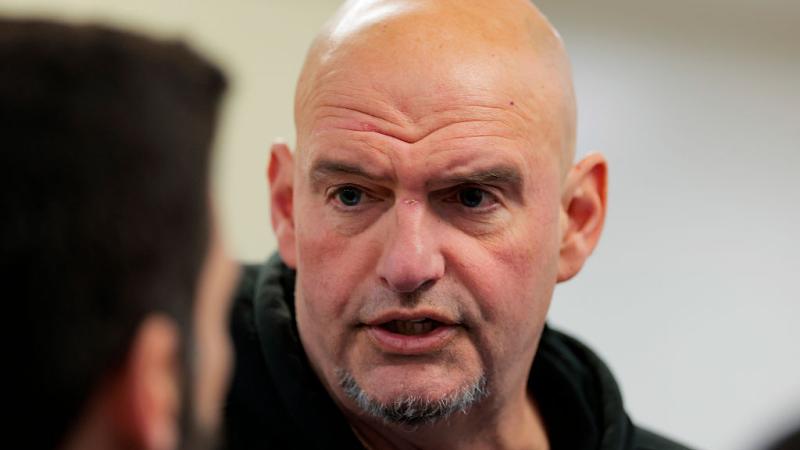New Ohio law targets ticket prices at high school sporting events, one of 20 new state laws
The new requirements for ticket sales to school sports events became law recently as Gov. Mike DeWine signed 20 bills into law.
Parents and fans who want to pay cash to attend a school sporting event won’t have to pay more and students will get to pay less than adults.
The new requirements became law recently as Gov. Mike DeWine signed 20 bills into law, including one that included the Campus Act, which is designed to stop harassment and intimidation at colleges and universities.
The move on high school sporting event ticket prices comes nearly a year after lawmakers accused the Ohio School Athletic Association of price gouging as the state football playoffs were beginning last fall.
At the time, the state association planned to charge $15 per ticket to attend a playoff game. If bought online, those tickets were $12 for adults and $9 for adults.
Beginning during the COVID-19 pandemic, schools and the association stopped taking cash at gates at sporting events, requiring tickets to be bought online. Since pandemic restrictions were lifted, many schools around the state have continued this process.
A law that went into effect in October required schools to accept cash at the gates.
The new law, which goes into effect in three months, expands the cash payment law by prohibiting schools from charging more for cash tickets and requiring them to charge students from participating schools less than an adult for the event.
Also signed into law was a bill making various changes regarding recorded instruments, powers of attorney, judgment liens, law enforcement towing laws, and liquor control laws. The Campus Act was folded into that bill.
The act, which the bipartisan Ohio Jewish Caucus praised, provides emergency security efforts and grants to promote interfaith and community-building initiatives on campuses. It also provides campus safety grants, intergroup and interfaith grants and implements anti-harassment policies at colleges and universities.
Other bills signed into law deal with student records, license compacts for physician assistants, dentists and dental hygienists, deceptive mailings from businesses and allowing a victim of human trafficking to expunge certain criminal records.















